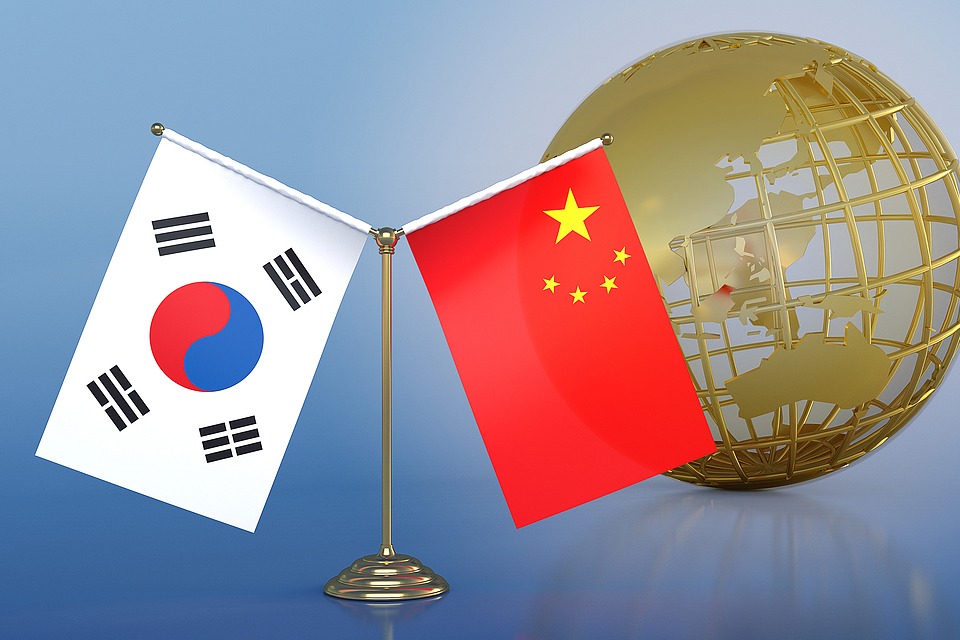German inflation to soar after the cost of producing items increases


The cost of producing items in German factories rose by 25 percent in January, compared to the same month a year earlier, paving the way for huge future high-street price rises as the additional costs are passed on to consumers.
The rise in the cost of "inputs" for German manufacturing, which is known as the producer price index, was so startling, the Financial Times said on Monday it was the fastest the country has seen for 73 years.
Germany's national statistics office, Destatis, said the nation's producer price index had only been 0.9 percent in January 2021.
Destatis confirmed the rise was the fastest it had seen since 1949.
After polling economists and other experts, the Reuters news agency had earlier predicted the rise would be 24.2 percent.
Reuters said the jump in year-on-year producer prices during January continued a trend of very sharp increases for the fourth month in a row, after hikes in October, November, and December, of 18.4 percent, 19.2 percent, and 24.2 percent.
The main reason for the rocketing rise in producer prices was the ballooning cost of energy used to power production lines.
Energy costs have risen quickly throughout Europe during the past year-and, in Germany, by an average of 66.7 percent-largely because of challenges posed by the novel coronavirus pandemic and supply-chain issues.
The price of natural gas rose the fastest of all types of energy, with it effectively doubling in price during the 12 months.
If additional energy costs are excluded from the production price index, it still rose by 12 percent during January, year-on-year.
The United States-based financial news provider RTTNews said, in addition to the rise in the cost of energy, the index was impacted by a 20.7 percent rise in the cost of intermediate goods, a rise in the cost of capital goods, of 5.3 percent, and a 6.7 percent jump in the cost of non-durable consumer goods.
The jump in the cost of production will certainly drive up consumer prices, which have already been escalating at record speeds recently. In December, German consumer prices shot up by 5.3 percent-the biggest increase the nation has seen in decades-and in January they went up by 4.9 percent.
Britain's Daily Express newspaper said politicians in the European Union's largest economy are now facing the challenge of helping poor families put food on the table.
Federal Finance Minister Christian Lindner said in a recent television interview that rules may soon be relaxed to encourage the production of more renewable energy, so the nation has additional energy options.

































